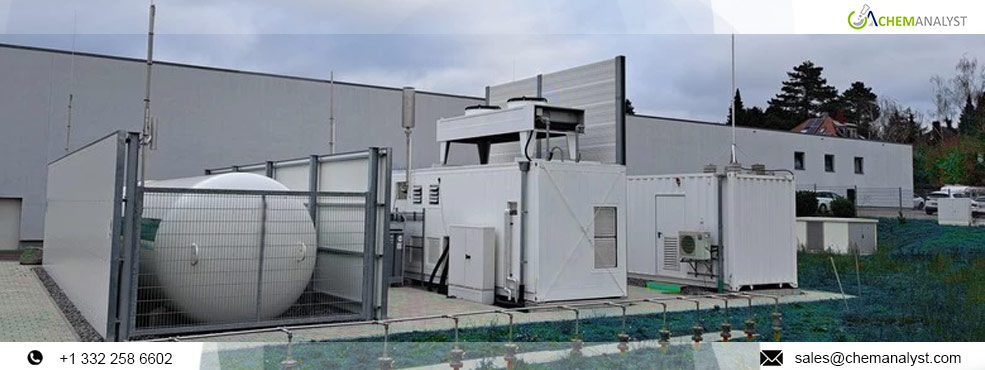Welcome To ChemAnalyst

Öhringen (Hohenlohe district). The natural gas distribution network in Baden-Württemberg possesses the fundamental capability to transport environmentally friendly hydrogen, thus serving a crucial role in the energy sector's decarbonization efforts. Hydrogen presents a viable solution for achieving CO2-free energy supply in both the heating sector and municipal heating planning. These insights were derived from the completion of the "Hydrogen Island Öhringen" network laboratory by distribution network operator Netze BW. During real network operation at this facility, Netze BW introduced up to 30 percent hydrogen into the natural gas network.
In order to accomplish this, a designated local supply area was isolated from the existing natural gas network and operated independently, resembling an isolated island within the network. This "island area" comprised a Netze BW property occupied by the owner and 26 nearby households. As part of the initiative, hydrogen was introduced into the connected 500-meter-long distribution network. This process was executed gradually, both within our own facilities and at the homes of residents, reaching a concentration of 30 percent by project completion. This endeavor was carried out in close collaboration with the municipality, equipment manufacturers, chimney sweeps, associations, and scientific experts.
To prepare the electricity and gas distribution network for future challenges, Netze BW has collaborated with municipalities and partners from industry, science, and startups to develop technical and digital solution concepts. These concepts have been tested in various pilot regions, collectively known as NETZlabore, including Öhringen.
The natural gas network plays a significant role in the transition of energy.
Dr. Martin Konermann, Managing Director for Technology at Netze BW GmbH, highlights the success of the 'Hydrogen Island Öhringen' project in showcasing the substantial contribution of the current natural gas infrastructure to heating sector decarbonization. He notes that the addition of 30 percent hydrogen proceeded smoothly without encountering any issues. Notably, no complex modifications were necessary for Netze BW in terms of the gas network, nor for end consumers concerning their gas boilers and stoves.
Even for 100 percent hydrogen, the pipelines of Netze BW are largely compatible. However, the condition for hydrogen utilization is contingent upon Baden-Württemberg's connection to the national hydrogen backbone network. The prioritization of regions for hydrogen development largely hinges on the requirements of industrial clients reliant on hydrogen for their manufacturing processes.
Achieving 100 percent hydrogen is also feasible. Konermann estimates that renewable hydrogen will be integrated into municipal heat planning. According to the managing director of Netze BW, the future of heat supply will revolve around three main pillars: heat pumps, heating networks, and, as an additional option, hydrogen. Netze BW anticipates that the gradual transition to hydrogen will commence in Baden-Württemberg around 2032, with hydrogen being transported via gas networks by 2040.
We use cookies to deliver the best possible experience on our website. To learn more, visit our Privacy Policy. By continuing to use this site or by closing this box, you consent to our use of cookies. More info.
